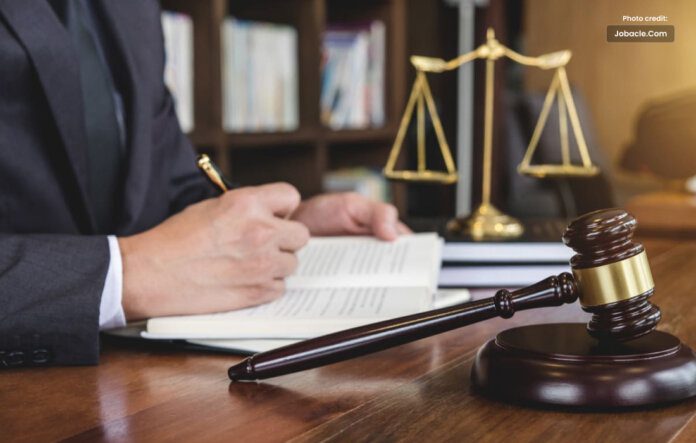Personal injury attorney helps accident victims with legal support.
Personal injury attorney practice tort law, which covers both intentional and negligent acts. They work to get accident victims compensation.
Types of personal injury cases
Cases involving personal injuries frequently entail other people’s negligence. This covers auto accidents, such as those involving motorcycles and trucks.
Other forms of transportation accidents, such as those involving aero planes, bicycles, mass transit, boats, and pedestrians, may also be handled by personal injury attorneys.
They could also deal with issues relating to premises liability, such as those involving lax security, slip-and-fall accidents, and animal assaults and bites.
Aside from dealing with nursing home abuse and neglect, they could also deal with accidents in construction. Claims of medical misconduct are also included in personal injury lawsuits.
Compensation Types
Plaintiffs in personal injury cases may be eligible for compensation for the losses they have incurred. Included in this are medical expenses, lost pay, lowered earning capacity, emotional distress, loss of consortium, loss of companionship, decreased quality of life, mental anguish, and pain and suffering.
Personal injury lawyers acts
Depending on the sort of case, their area of expertise, and where they are in the case’s process, personal injury attorneys will take different measures. In order to help your case, personal injury attorneys may engage in the following activities:
Investigating Claims
Most personal injury attorneys operate on a contingency fee basis, which means they only collect fees after they have won a settlement or jury decision.
They carefully vet potential clients and assess the case’s merits because they frequently finance a litigation. A personal injury attorney won’t want to take on a case that won’t end in a victory for the client.
Negotiating with Insurance Companies
The majority of people don’t bargain on a regular basis. Personal injury attorneys, on the other hand, are accustomed to haggling with insurance providers.
The greatest level of compensation that might be offered based on the particulars of the case can be ascertained by reviewing the policy’s terms.
Personal injury attorney can also handle all correspondence with the insurance provider and keep the injury victim from doing any actions that might jeopardies their claim, such providing an audio recording.
Gathering Evidence
The plaintiff may acquire information to support their personal injury claim. It could be necessary to obtain any event or police reports. He or she may track down witnesses and get their testimonies.
His and her might take photos of the accident report themselves or give a photographer instructions to do so.
He or she might also keep a record of any evidence for the case, including photographs, video, or other kinds of evidence like property damage.
Evidence may be used to demonstrate the extent of the plaintiff’s injuries and who was at responsibility for the accident.
Bills, employment records, employment reports, bills, medical reports, medical records, and complaints of property damage are all acceptable types of evidence.
Sending Demand Letters
After carefully reviewing the matter, a personal injury attorney may write an insurance company a letter of demand.
This letter of demand outlines the accident’s specifics and requests a specific sum in compensation for the harm the defendant caused.
Conducting Discovery
The attorney for the plaintiff may start the discovery process. This includes contacting the defendant through interrogatories to request specific information. Deposition parties, witnesses, and experts may also be involved.
Preparing Pleadings
The personal injury attorney may bring a complaint against the defendant if the insurance company declines to make a reasonable settlement offer.
The legal justifications for why the defendant is accountable for the accident are laid out in the complaint.
The complaint also includes a breakdown of the client’s sought damages in terms of money. The defendant typically has 30 days to make a response after receiving the complaint.
Consult a lawyer if you need help
Personal injury lawyer is necessary if you were wounded in an accident that wasn’t your fault.
Since the opposing party is almost certainly represented by counsel, hiring a lawyer can help you level the playing field. When necessary, he or she can use tools like private investigators and expert witnesses.
Trial Representation for Clients
Personal injury attorney represents the client in court if the case goes to trial. The measures can be properly followed because personal injury attorneys are knowledgeable with court customs and practices.




